1. Introduction
In our increasingly digital world, algorithms have become an integral part of our daily lives. From personalized recommendations to search engine results, algorithms shape much of our online experiences. However, there are limits to what algorithms can accomplish. In this article, we delve into the unique abilities of human intelligence that go beyond algorithms and explore the remarkable qualities that make us distinctively human.
2. The Limitations of Algorithms
Algorithms are designed to process and analyze vast amounts of data with incredible speed and efficiency. They excel at repetitive tasks and are valuable tools for automating various processes. However, algorithms have their limitations. They lack the Abilities to think creatively, understand complex emotions, and make nuanced decisions based on context. These limitations highlight the unique strengths of human intelligence.
3. The Power of Human Intelligence
Human intelligence encompasses a range of abilities that set us apart from algorithms. Let’s explore some of these abilities:
3.1 Creativity and Innovation
Creativity is a hallmark of human intelligence. We have the capacity to generate novel ideas, think outside the box, and envision possibilities beyond what currently exists. Innovation, fueled by human creativity, has led to groundbreaking discoveries, advancements in technology, and artistic masterpieces.
3.2 Emotional Intelligence
Emotional intelligence is the ability to recognize, understand, and manage emotions, both in ourselves and in others. Algorithms lack emotional intelligence, making it challenging for them to empathize or respond appropriately in emotionally charged situations. Human intelligence enables us to form meaningful connections, build relationships, and navigate complex social dynamics.
3.3 Contextual Understanding
Understanding context is crucial for effective decision-making. Human intelligence allows us to consider various factors, interpret ambiguous information, and make informed judgments based on the situation at hand. Algorithms, on the other hand, rely on predefined rules and patterns and may struggle to adapt to new or unforeseen circumstances.
3.4 Complex Problem Solving
Humans excel at solving complex problems that require critical thinking and reasoning. Our ability to analyze information from multiple perspectives, evaluate potential solutions, and make informed decisions gives us an advantage over algorithms. Human intelligence allows for a deeper level of understanding and the ability to tackle intricate challenges.
3.5 Adaptability and Flexibility
Human intelligence is characterized by adaptability and flexibility. We can quickly adjust our thinking, behavior, and strategies in response to changing circumstances. Algorithms, while efficient, often struggle to adapt to new data or unexpected situations without human intervention.
4. Ethical Decision-Making
Ethical decision-making is an essential aspect of human intelligence. Humans possess moral reasoning abilities and can consider the ethical implications of their actions. Algorithms, being programmed by humans, reflect the biases and limitations of their creators. It is our responsibility to ensure that ethical considerations are accounted for in the development and use of algorithms.
5. Intuition and Gut Feelings
Intuition and gut feelings play a significant role in human intelligence. These innate instincts guide our decision-making processes, often leading to accurate judgments even without conscious reasoning. Algorithms, driven by data and logical algorithms, lack the intuitive sense that humans possess.
6. Conclusion
While algorithms have transformed the way we live and work, human intelligence possesses unique qualities that algorithms cannot replicate. Our ability to think creatively, understand emotions, adapt to new situations, and make ethical decisions gives us an edge in a rapidly evolving world. Embracing and harnessing the power of human intelligence alongside algorithms can lead to remarkable innovations and solutions that benefit society as a whole.
FAQs
Q1: Can algorithms ever surpass human intelligence? Algorithms have their strengths, but replicating the full range of human intelligence remains a challenge. While algorithms can process vast amounts of data and perform specific tasks with exceptional speed and accuracy, they lack the nuanced qualities that make us human, such as creativity, emotional intelligence, and adaptability.
Q2: How can human intelligence and algorithms work together? Human intelligence and algorithms can complement each other. Algorithms can assist humans in processing and analyzing large datasets, enabling us to make more informed decisions. Human intelligence, on the other hand, can provide critical thinking, creativity, and ethical considerations that algorithms struggle to replicate.
Q3: What are the risks of relying too heavily on algorithms? Over-reliance on algorithms can lead to unintended consequences. Biases embedded in algorithms can perpetuate discrimination and inequality. Additionally, algorithms may struggle in situations that require human judgment, contextual understanding, and ethical decision-making. It is important to maintain a balance between algorithmic efficiency and the unique capabilities of human intelligence.
Q4: Can algorithms be ethical? Algorithms themselves are neutral tools that reflect the values and biases of their creators. It is crucial for humans to ensure that algorithms are developed and used ethically. Transparency, accountability, and ongoing evaluation are essential to address potential biases, ensure fairness, and promote ethical decision-making in algorithmic systems.
Q5: How can we leverage human intelligence to address complex problems? Human intelligence is vital in tackling complex problems. By encouraging critical thinking, creativity, and interdisciplinary collaboration, we can harness the power of human intelligence to generate innovative solutions. Embracing diverse perspectives and fostering a culture of curiosity and learning will enable us to address the challenges of today and tomorrow.

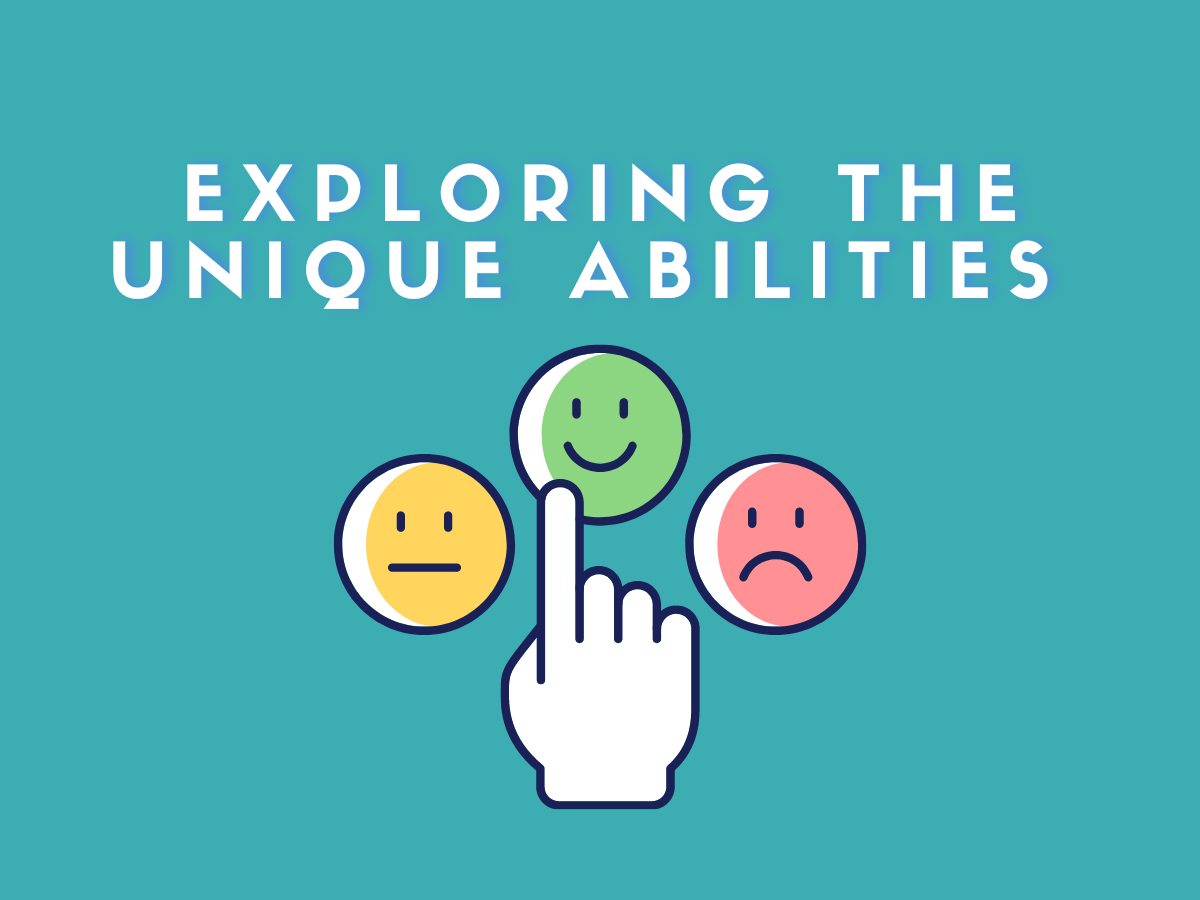

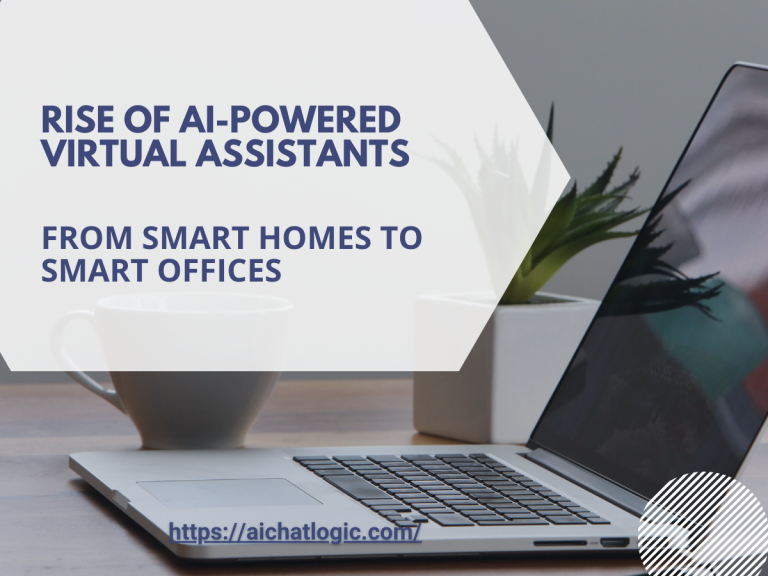
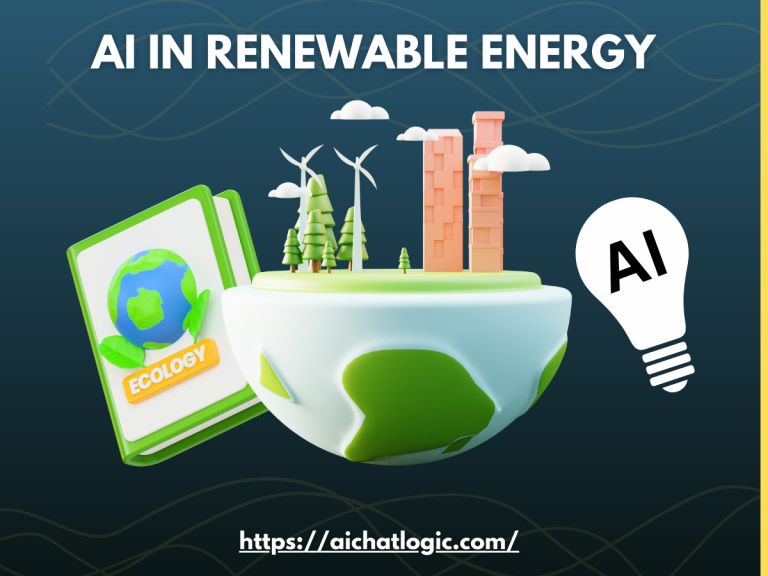


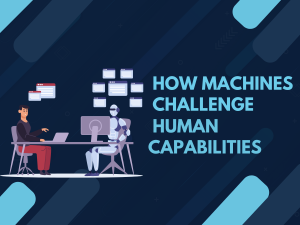
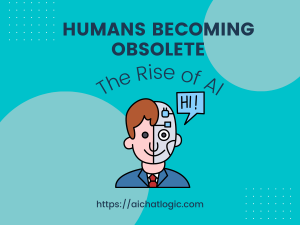



+ There are no comments
Add yours